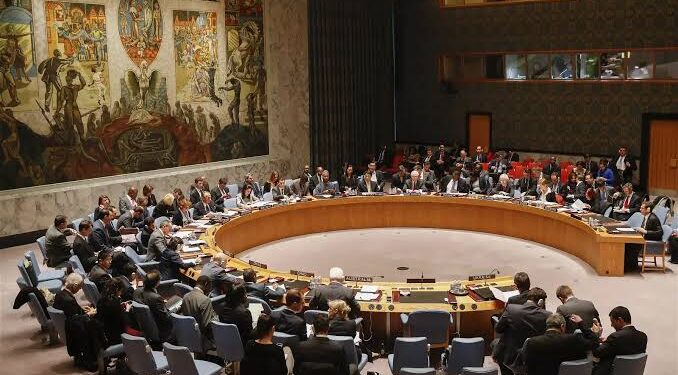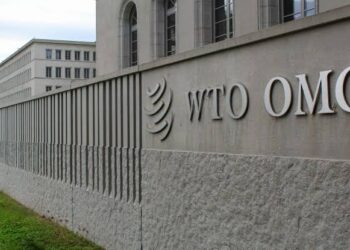The United Nations Security Council endorsed a ceasefire proposal by U.S. President Joe Biden regarding the Israel-Hamas conflict in Gaza on Monday. The Council also urged Hamas to accept the proposal.
What they are saying
Thirteen members of the UN Security Council voted in favor of the ceasefire proposal, with Russia abstaining. After the vote, U.S. Ambassador to the U.N. Linda Thomas-Greenfield stated, “we voted for peace.”
The Security Council’s resolution calls for both parties to implement the terms “without delay and conditions.”

Hamas expressed support for the U.S.-drafted resolution, stating it is ready to work with mediators to implement the plan’s principles that align with their demands and resistance.
Israel, in response to the resolution, reiterated that Hamas is solely responsible for the ongoing conflict, saying, “Hamas and Hamas alone” is preventing the war from ending.
The resolution specifies that if negotiations for phase one exceed six weeks, the ceasefire will continue as long as talks proceed.
However, Russia’s U.N. Ambassador Vassily Nebenzia found the proposal lacking in detail, questioning what Israel had specifically agreed to, and stated that the Security Council should not endorse agreements with “vague parameters.” He explained that Russia did not block the resolution as it is supported by the Arab world.
Why it matters
For months, negotiators from the U.S., Egypt, and Qatar have sought to mediate a ceasefire. Hamas seeks a permanent end to the conflict and Israeli withdrawal from the Gaza Strip, home to 2.3 million people.
Israel is responding to an October 7 attack by Hamas militants, which resulted in over 1,200 deaths and more than 250 hostages, according to Israeli reports. Over 100 hostages are believed to remain in Gaza. Israel’s retaliatory actions have killed over 37,000 Palestinians, according to Gaza health authorities.
The casualties in Gaza continue to rise as Israel maintains its offensive stance. The ceasefire proposal presented by Joe Biden represents a step towards resolving the conflict and achieving peace in the Middle East, contingent on Hamas’s unconditional agreement to the proposal, as urged by the Council.
Bottom Line:
The UN Security Council’s backing of the ceasefire proposal marks a significant diplomatic effort to end the Israel-Hamas conflict. While the resolution’s success depends on the cooperation and commitment of both parties, it offers a crucial opportunity for peace and stability in the region.

















